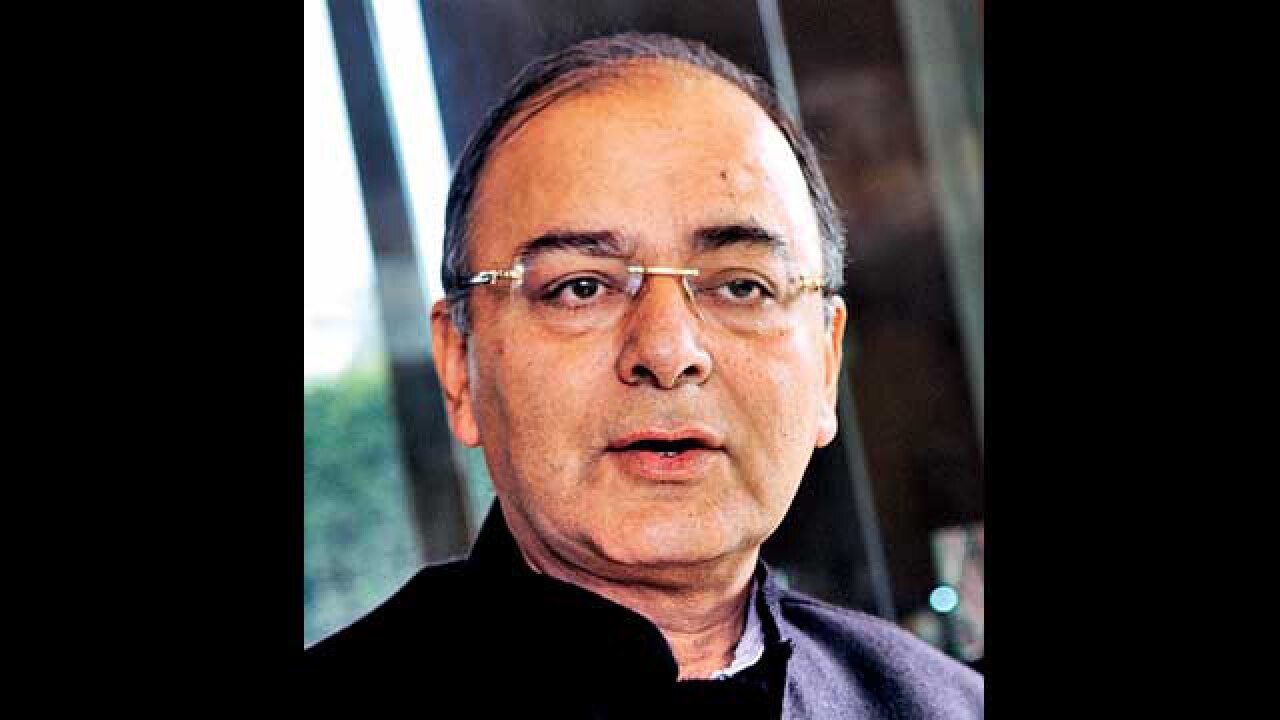
Finance ministers, especially in India, think that it is impolitic to speak of economic problems. It is felt that a negative remark by the FM would send out a wrong message and that this would hurt the market sentiment. Finance minister Arun Jaitley is no exception, though he would admit in passing that the global economic situation — the great recession that began in 2008 and shows no sign of ending — poses a challenge. Interestingly, this was also the word used by Jaitley’s predecessor, P Chidambaram in his 2013 Budget speech. In the three Budgets he has presented since the BJP-led NDA came into office in the summer of 2014, Jaitley tried to strike a positive note, hoping to stimulate the economy through various reforms measures. But the shadow of recession continues to haunt. The Economic Survey for 2015-16 presented by Chief Economic Advisor to the Ministry of Finance, Arvind Subramanian, did strike the realist note and talked about the uncertainties hovering over the world economy, and how this could possibly affect the Indian scene. But the media by and large ignored the warnings of Subramanian and focused on the positive elements.
Prime Minister Narendra Modi too has not referred in any explicit manner to the grave global economic situation. He has kept himself preoccupied with fresh and energetic initiatives like Make In India, Start Up, along with attempts to make India a more attractive investment destination by improving the standards of ease-of-doing-business in the country. Modi has also used welfare measures like Jan-Dhan Yojana to broaden financial inclusivity. It is of course not necessary for Modi to remark on the world economy. Even Jaitley did not set out to give a realistic appraisal of the global scenario. The theme of his lecture at Asia Society Policy Institute and the Confederation of Indian Industry (CII) in New York was Make in India: The New Deal. As summarised by the Press Information Bureau (PIB), he spoke about the government’s initiatives to improve the economy. It was natural that the newspapers did not carry this official summary, but published the Press Trust of India (PTI) report which noted the minister’s response to the queries.
It was while answering the questions that Jaitley has been candid than he has ever been before about the global economy. He is quoted as having said, “If you were to ask me how’s the global situation, I think it’s grim and worrisome”. He has even gone on to say that it would be difficult to hazard a guess about how it would be in two years’ time. To be fair to the finance minister, he did not make a doomsday prognosis. As a matter of fact, he had offered a realistic assessment that each country was trying to grow “within limitation” and that they built “firewalls” to protect themselves from the fall out of global recession. This is of course an indirect reference to what his government has been trying to do in the last two years. But he seems to be aware of the fact that countries cannot grow in their own cocoons. That is why, he said that he was more worried about the noise made in the developed countries about protectionism than in the developing economies.
Former Prime Minister Manmohan Singh too had expressed fears about protectionism in the developed world as far back as 2010. Jaitley has done the right thing by talking forthrightly about the world economic situation. It would enable him and his government to trim the unrealistic expectation of high growth any time soon.